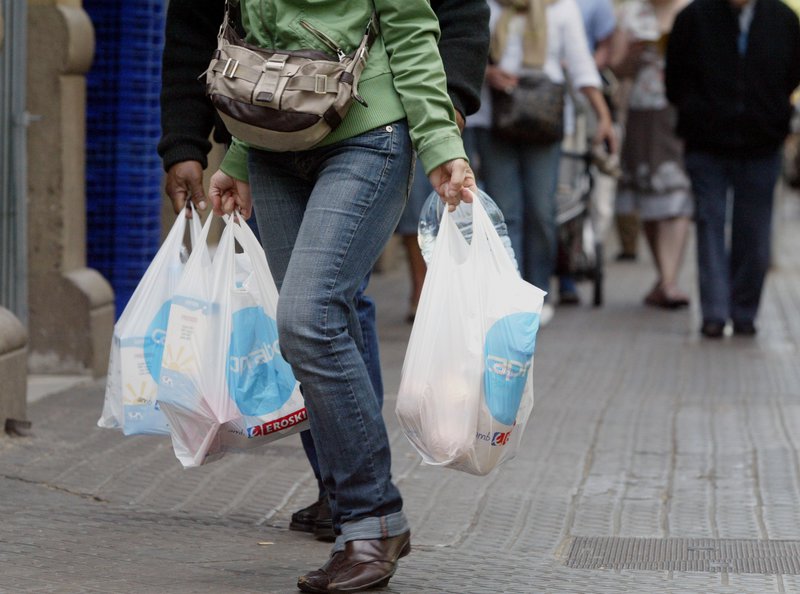Plastic bag? No thanks
The ban on handing out plastic bags was the first step towards reducing their environmental impact; now it is the turn of disposable plastic products
Going shopping with a bag, basket or shopping trolley is now an increasingly common practice. For more than a year now in Catalonia, the prohibition of free plastic shopping bags has aimed to reduce their use, minimizing the impact and environmental pollution generated by plastics in general. Until now, it is the only measure in the “struggle” against plastic that has been regulated by law and that obliges us to limit use.
The director of Catalonia’s waste agency Josep Maria Tost, sees the bag campaign as the first step in advancing legislation, which in 2020 provides for new restrictions. “Nobody challenges the impact of a plastic bag, and users have learned to do without them”, Tost argues. Adaptation is more complicated in small commerce, but in larger commercial zones, people are more willing to pay. Also, both shoppers and shopkeepers know these are EU regulations. In fact, from 2020, the restrictions will become even
World over, plastics represent 85% of marine litter, and reducing waste has become a priority.
The European Parliament last week approved the prohibition of many disposable plastics by 2021. These include cotton buds, plastic cups, balloons, plates, and cutlery as well as oxodegradable plastics and the fast food containers . The goal is for industry to find alternatives before then. Packaging for hamburgers, sandwiches, fruit, vegetables, desserts and ice cream, must also be reduced by at least 25% by 2025.
Experts agree that change is most likely to come more quickly if incentives are offered such as the Retorna project in 2013 in Cadaqués.

